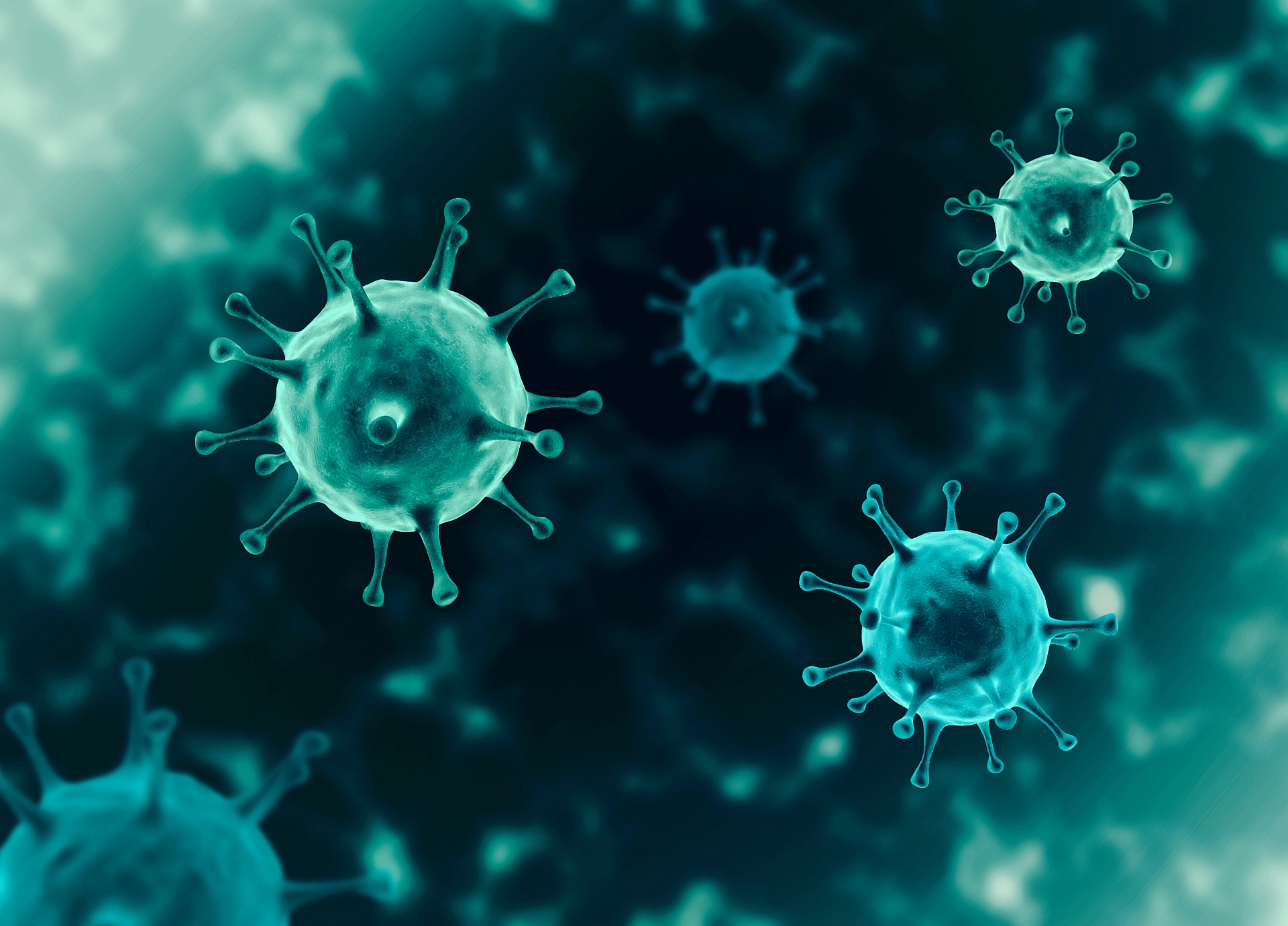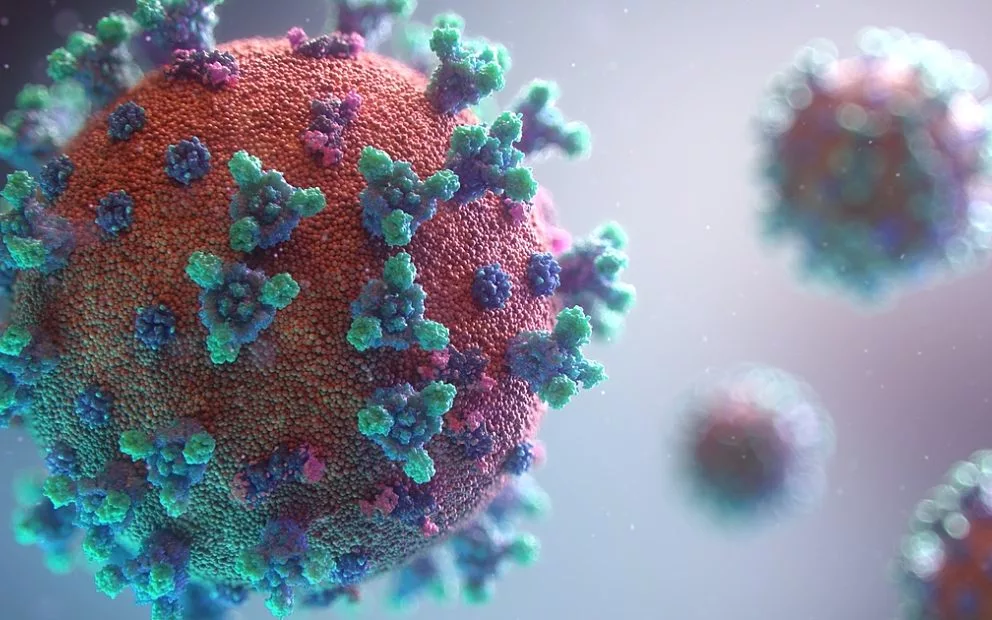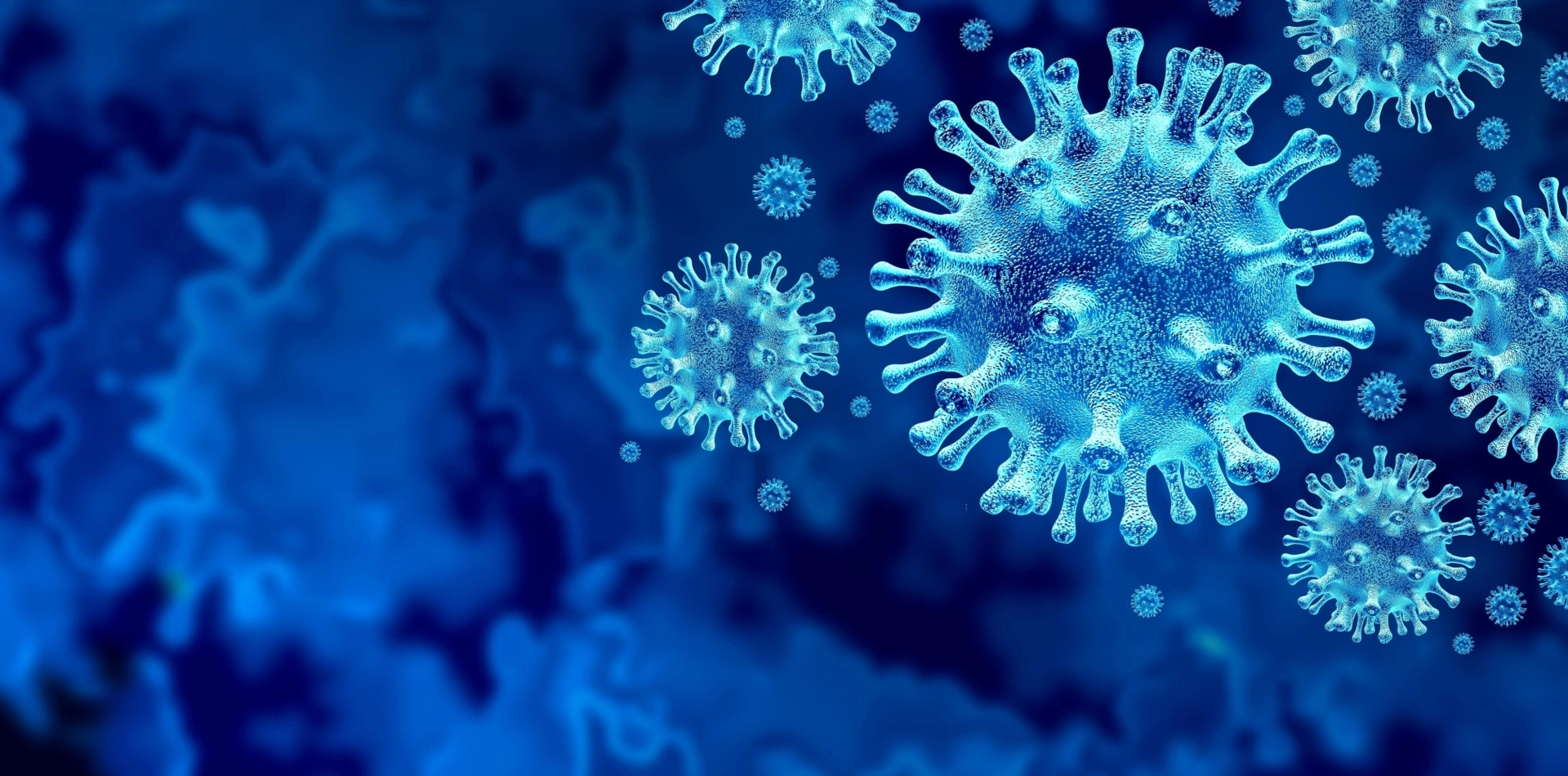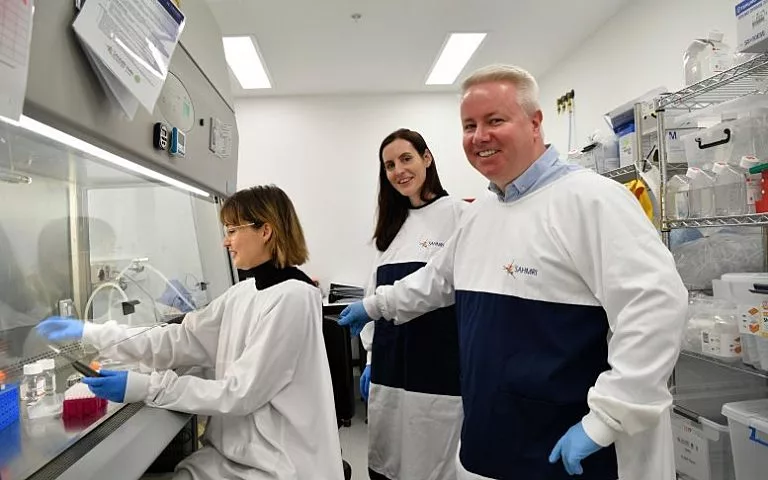A research collaboration between SAHMRI, the University of Adelaide, Flinders University, the Women’s and Children’s Hospital, and the Royal Adelaide Hospital has shed new light on the impact of long COVID on the body’s immune system.
The study recently published in BMC Medicine profiled the immune systems of 69 people aged between 20 and 80 years old who contracted the original Wuhan strain of COVID-19, over a 6-month period post infection.
Of the total cohort, 47 were recovering from mild infection, 6 from moderate and 13 were recovering from severe or critical disease.
Around a third of those individuals recovering from infection had symptoms associated with long COVID and were referred to a long COVID clinic.
Analysing the expression of thousands of genes in the blood of these individuals at 6 months post-infection compared to those who didn’t suffer long COVID symptoms, revealed significant differences in gene expression particularly in genes involved in the immune system. One of the most significant changes in gene expression in long COVID patients was related to platelets, small blood cells that help with clotting and tissue repair. The data suggests that long COVID patients may have reduced platelet counts or activity known as thrombocytopenia.
Professor David Lynn, Director of SAHMRI’s Computational & Systems Biology Program and Professor of the College of Medicine & Public Health at Flinders University, says low platelet count is associated with fatigue.
“Our gene expression data could suggest persistent mild thrombocytopenia in people with long COVID and one of the most common side effects of this condition is fatigue, which is also one the primary symptoms associated long COVID,” Prof Lynn said.
“This could go some way towards explaining what’s happening inside the body that’s causing long COVID, but further work is needed to confirm this finding.”
Most study participants (those with and without subsequent long COVID) showed significant immune system dysregulation for at least 12 weeks post infection, though the majority returned to normal levels by 24 weeks.
Researchers found no strong correlation between severity of infection and the severity of immune dysregulation post infection. Immune dysregulation was evident even in those patients who experienced mild infection.
It’s yet to be determined why some people get long COVID and not others, as well as how the various strains of the virus might impact long COVID differently.
“The level of disease severity doesn’t necessary translate directly to the level of immune dysregulation and we haven’t been able to find any patterns indicating that an individual’s age or sex is a differentiating factor governing differences in recovery.
Clearly there are other factors at play that need to be explored,” Prof Lynn said.
“At this stage we’ve only been able to analyse data from the original strain of the virus, so it’s not possible to say how Delta and Omicron may alter the immune system response long term post-infection.”
Listen to Professor David Lynn discuss Long COVID research on FIVEaa below
The study was funded by The Hospital Research Foundation Group, Flinders Foundation and Women’s and Children’s Hospital Foundation and jointly led by Prof. Lynn, Prof. Simon Barry, Head of Molecular Immunology Group at the University of Adelaide’s Robinson Research Institute; and Dr Branka Grubor-Bauk, Head of Viral Immunology Group, THRF Mid-Career Fellow at the University of Adelaide and Basil Hetzel Institute for Translational Health Research.
The unique longitudinal analysis examined antibody responses, the expression of thousands of genes in the blood, and approximately 130 different types of immune cells, that were compared to healthy controls.
As well as a substantial increase in the number of immune cells and antibodies, researchers found there was also strong dysregulation of gene expression, particularly in those genes linked to inflammation.
Gene expression refers to information stored in DNA that regulates how cells respond to changing environments.
This can include controlling when and how much response is made against an invading virus.
The study has also added further evidence that those who’ve had COVID-19 develop some immunity to the virus.
Participants antibody titers indicated a high level of immunity for at least 6 months post infection.
Researchers will continue to follow the participants for three years to document how the immune system continues to respond long term.






